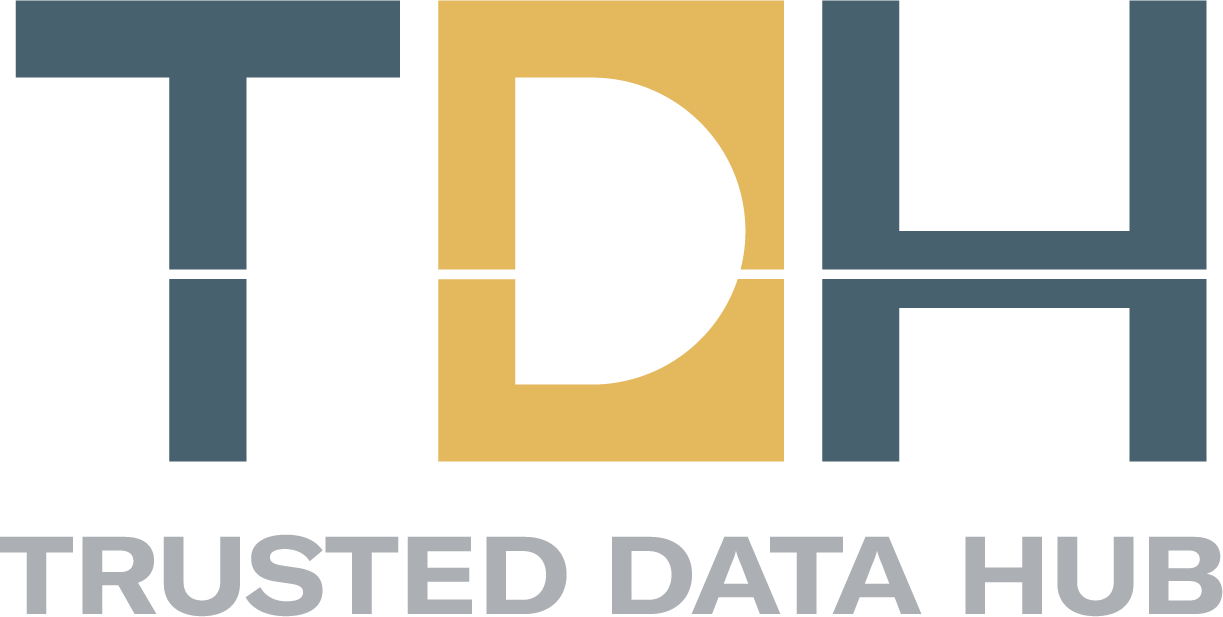In today’s digital world, trust has become one of the most valuable assets for businesses. From ensuring data accuracy to complying with regulations, trust serves as the foundation for modern decision-making, innovation, and growth. At the heart of this trust lies data governance – a framework that ensures data is reliable, consistent, and secure across the entire organization. In this article, we’ll explore why data governance is essential and how it empowers businesses to thrive in an increasingly data-driven era.
1. What is Data Governance, and Why Does It Matter?
Data governance is the practice of managing data’s availability, usability, integrity, and security within an organization. It involves creating policies, standards, and processes to ensure data is trusted and properly managed throughout its lifecycle.
In the digital age, businesses are generating data at an unprecedented rate. Without a robust governance framework, data becomes fragmented, inaccurate, and unusable – undermining trust and hampering decision-making. Data governance provides clarity, ensuring data is:
- Accurate: Reliable and free from inconsistencies.
- Secure: Protected from unauthorized access or breaches.
- Compliant: Aligned with industry regulations (e.g., GDPR, HIPAA).
- Accessible: Available to the right people at the right time.
Organizations that prioritize data governance can confidently turn data into a strategic asset that drives business value and builds trust among customers, employees, and partners.
2. Building Trust Through Data Quality
At the core of data governance is data quality – ensuring that the data businesses rely on is accurate, complete, and up-to-date. High-quality data builds trust because decisions based on it are more likely to succeed.
For example:
- A financial institution relies on trusted data to ensure compliance with regulations and prevent errors that could erode customer confidence.
- Retail and e-commerce businesses use high-quality data to deliver personalized customer experiences, improving loyalty and satisfaction.
- AI models depend on consistent, well-governed data to produce reliable insights and predictions.
Without governance, poor-quality data creates a ripple effect, leading to misinformed decisions, lost opportunities, and a loss of trust across stakeholders.
3. The Role of Data Governance in Compliance and Security
In an era of heightened regulatory scrutiny and data privacy concerns, data governance plays a crucial role in ensuring compliance with data protection laws like:
- GDPR (General Data Protection Regulation)
- CCPA (California Consumer Privacy Act)
- HIPAA (Health Insurance Portability and Accountability Act)
Data governance frameworks establish clear rules for data handling, including:
- Who can access the data.
- How data is stored and processed.
- How data privacy is maintained.
By implementing governance practices, businesses can mitigate risks, prevent breaches, and demonstrate accountability to customers and regulators. This transparency builds trust, as stakeholders know their data is handled ethically and securely.
4. Enabling AI and Advanced Analytics with Trusted Data
Artificial intelligence (AI) and advanced analytics have transformed the way organizations make decisions, innovate, and deliver value. However, the success of AI initiatives hinges on data governance.
AI models are only as good as the data they use. Poorly governed data introduces bias, inaccuracies, and ethical concerns, leading to unreliable outputs. By ensuring data is:
- Consistent: Free of conflicting values or formats.
- Clean: Free of errors or redundancies.
- Governed: Managed with policies to maintain integrity.
Businesses can unlock the full potential of AI while maintaining trust in its outcomes. Data governance provides the foundation that allows AI systems to operate transparently, ethically, and effectively.
5. Turning Governance into a Business Advantage
Data governance is not just about compliance and policies – it’s a strategic investment that drives business success. Organizations that implement strong governance frameworks experience:
- Improved Decision-Making: Trusted data leads to better, faster decisions.
- Increased Efficiency: Clear processes reduce data duplication and errors.
- Competitive Advantage: Reliable insights fuel innovation and growth.
- Customer Trust: Transparent data practices enhance brand reputation and customer loyalty.
In short, data governance enables businesses to maximize the value of their data assets while building trust with every stakeholder.
Final Thoughts: Trust Begins with Governance
In an era where data is the lifeblood of organizations, trust is not optional – it’s a necessity. Data governance provides the structure and processes needed to ensure that trust is not just maintained but continuously strengthened.
Whether you’re a data professional, a business leader, or simply someone navigating the complexities of modern data systems, understanding and implementing data governance will set you apart. By ensuring your data is trustworthy, you can build a foundation for innovation, efficiency, and growth.
Let’s unlock the true potential of data, together.
How does your organization ensure trust in data.
Share your thoughts and challenges in implementing data governance frameworks.


Leave a Reply to JiliPH Cancel reply